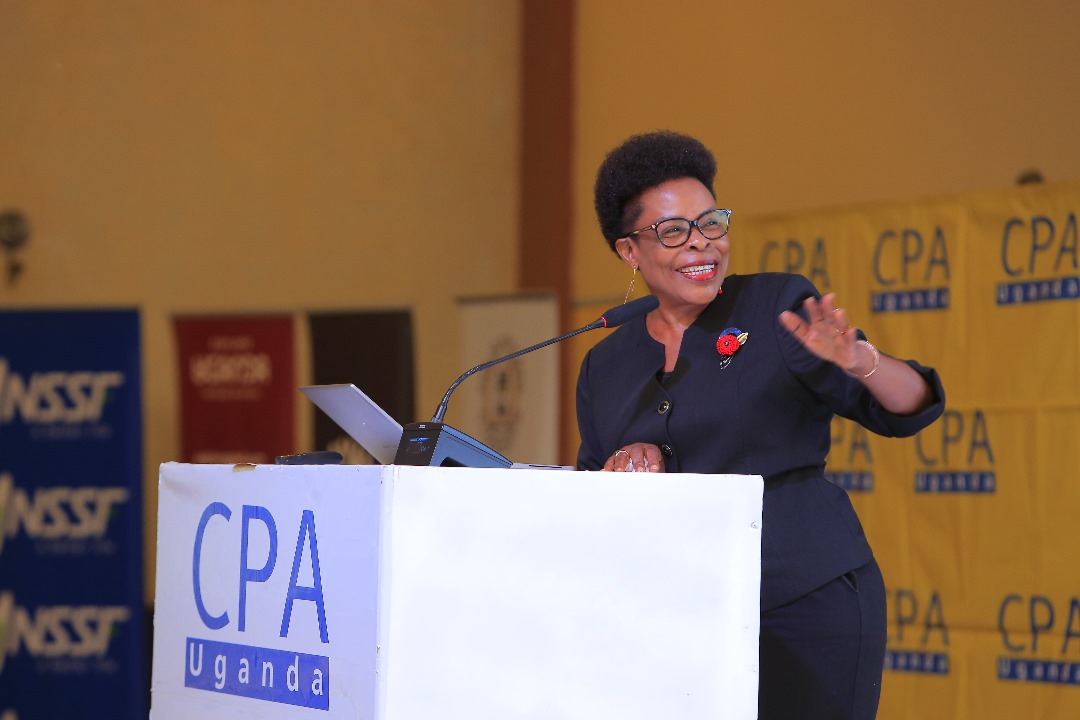By Abraham Malinga
The Inspector General of Government (IGG), Beti Kamya Turwomwe, has called on accountants to actively participate in the fight against corruption. Speaking at the 12th Economic Forum organized by the Institute of Certified Public Accountants of Uganda (ICPAU) at the Imperial Resort Beach Hotel, Kamya emphasized the crucial role accountants play in curbing financial malpractice.
During her presentation on the impact of corruption and fraud on the economy, Kamya defined corruption as the misuse or abuse of entrusted power or authority for private gain, noting that fraud is a subset of corruption. She highlighted Transparency International’s Corruption Perception Index, which rated Uganda at 26%, placing it among the 39 most corrupt countries in the world out of 181 rated. Additionally, a study commissioned by the IGG in 2021 estimated that Uganda loses nearly UGX 10 trillion annually to corruption. To contextualize, Uganda's domestic revenue for the fiscal year 2022/23 was UGX 25.55 trillion, meaning the country loses approximately 40% of its tax revenue to corruption. This financial leakage forces Uganda to borrow excessively, exacerbating the national debt.
Kamya identified key sources of illicit outflows of public funds, including tax evasion through non-declaration, under-declaration, and falsification of information. She also pointed to inflated payrolls and the recruitment of unqualified staf, issues even present within the IGG’s office.
"The sad fact is that at the heart of all these fraudulent activities in government is an accountant, an auditor, an honorable member of this profession, using their skills not to save public money as they were trained, but to steal it, bringing shame to the profession," Kamya stated.
Kamya tasked the ICPAU and its members with addressing internal corruption before submitting proposals from the forum to the Ministry of Finance, Planning, and Economic Development. She argued that cleaning up the profession would be more beneficial to the economy than merely making policy suggestions, which risk being undermined by corrupt accountants.
She concluded by outlining the devastating impacts of corruption and fraud, including the diversion of public resources into private pockets, poor quality services in healthcare and infrastructure, distortion of planned development, lack of basic social services, and an overall increase in the cost of living.



